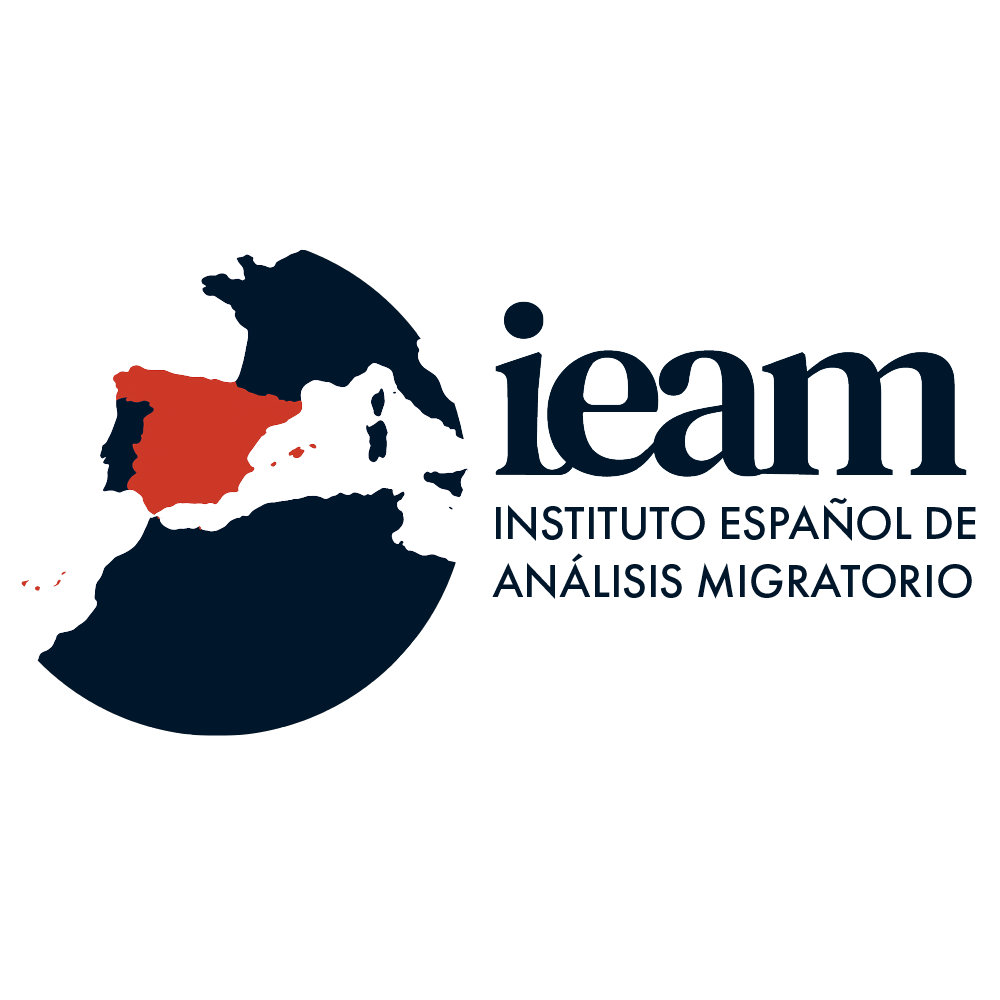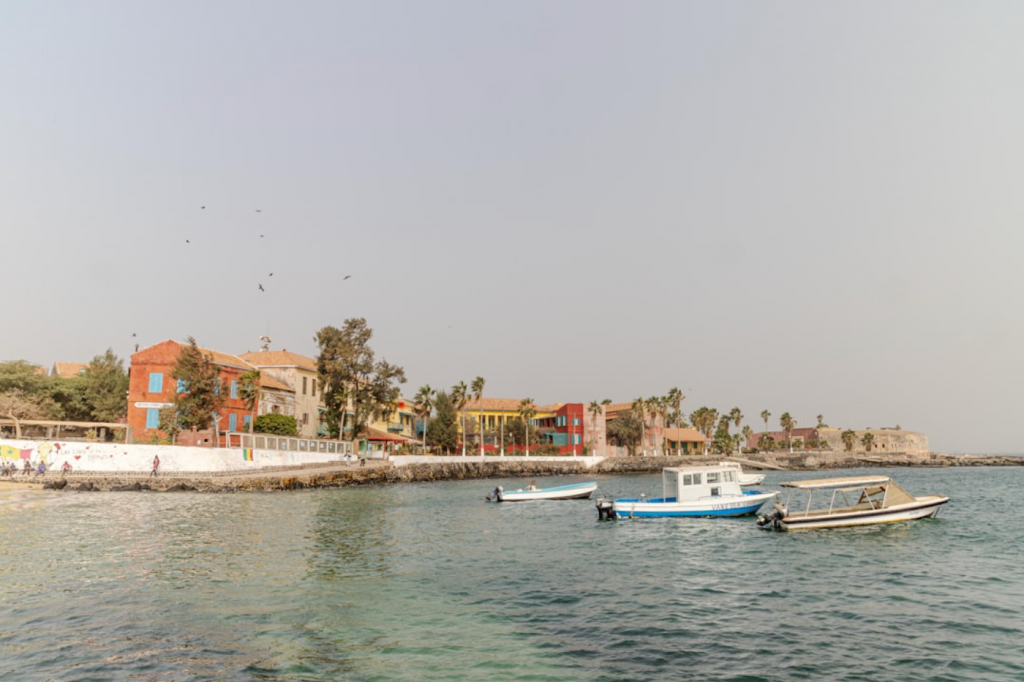On September 23, the city of Dakar (Senegal) will host the collective intelligence workshop “Regional Policies, Displaced Persons, and Migrants (Senegal–Mali–Mauritania ↔ Europe).”
This closed-door, two-hour event will bring together a select group of key stakeholders—researchers, institutional representatives, international agencies, civil society organizations, humanitarian groups, and members of the diaspora—to foster a space for reflection and co-creation.
The initiative aims to develop an up-to-date assessment of mobility dynamics along the Senegal–Mali–Mauritania–Europe corridor, identify key risk factors, and formulate practical recommendations for non-governmental organizations, international agencies, local and national authorities, and European partners directly involved, including the European Union and Spain.
Context
In recent years, the Atlantic route from West Africa has regained a central role in migration flows toward the European Union, marked by a steady increase in arrivals to the Canary Islands since 2023–2024 and a growing diversification of migrant profiles—including young people, women, children, and new countries of origin. The coasts of Senegal and Mauritania currently account for a significant share of departures, while Malian nationals remain one of the most represented groups.
These processes are shaped by regional transformations linked to shifting security dynamics in the Sahel, the reconfiguration of regional integration frameworks, and evolving bilateral operational agreements. These factors directly impact intra-regional freedom of movement, local economies, and the operations of trafficking networks.
Content and Expected Outcomes
The workshop will address key priorities such as the situation of internally displaced persons and refugees, the impact of regional restructuring on mobility and protection, interstate cooperation practices, and the elements that enable safe and orderly mobility.
As a result, a policy paper will be produced outlining conclusions and concrete proposals tailored to specific stakeholders: national and local authorities, international organizations, NGOs, the European Union, Spain, the private sector, diasporas, and local communities.
The meeting will be held under the Chatham House Rule, ensuring a secure and constructive environment for open exchange and the development of shared recommendations.
For more information, please contact: beatriz.deleoncobo@ieam.es

